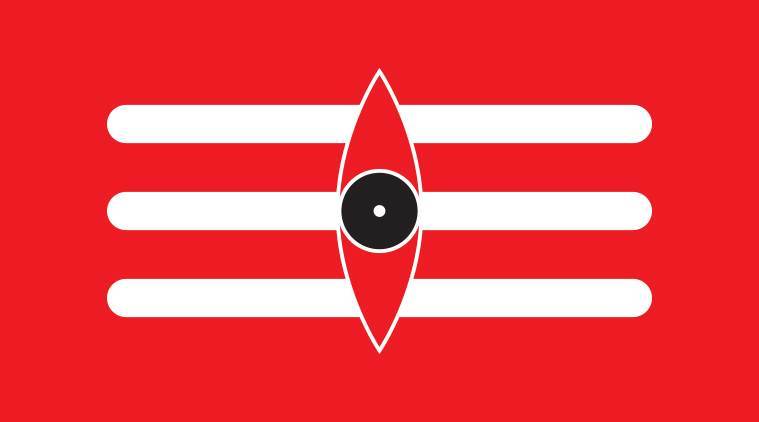In service of politics
Hindutva seeks to surmount the diversity of Hinduism

I began teaching the Indian Political Thought course last summer with the usual introductory class on Brahmanic tradition. It began with a brief about how Vedism predates what later came to be called Hinduism, how it is the font of Hinduism and how the latter absorbed and synthesised religious ideas, puranic stories, non-theistic and Shramanik traditions.
I followed up with a question: What would be some of the defining features of Hinduism, or a Hindu way of life, as the students experienced and practised it? What emerged was both interesting and predictable. For every belief and practice that was cited, there seemed to be a validity of its exact opposite. You could be a Hindu and believe in one omnipotent being or worship many gods; you could be a part of a sect or you could be a devout Hindu and shun the deification of mortal humans; you could be a vegetarian or non-vegetarian; you could believe in animal sacrifice or be its fiercest critic; you could be a practitioner of ahimsa or not be its strict advocate; you could believe in the caste system or call for its annihilation.
What emerges from these apparently conflicting propositions is an idea of openness. As Jyotirmaya Sharma says: “Every Hindu decides what is Hinduism. That space ought to remain inviolable.” At times a particular space would be in sync with other ways of being Hindu but it could also be conflictual. But this plurality of gods and practices, norms and habits, cultures and castes, this multiplicity of belief-systems also poses an enormous challenge for projects of nationalism that seek a united, coherent imagination of one nation, one people.
From this challenge was born the ideology of Hindutva, first in the writings of V D Savarkar in 1923. It was taken forward by ideologues of the RSS, and its affiliates. Hindutva, as Savarkar wrote, is “not to be confused with the other conjugate term Hinduism. Hinduism is only a derivate, a fraction, a part of Hindutva.” Hinduism, therefore, is a belief system, a matter of faith, Hindutva, is a political ideology that uses Hinduism to fashion Hindu nationalism. It is, as Ashis Nandy says, “political Hinduism”. Hinduism and Hindutva are thus different, not to be conflated or confused with each other. There are at least three features of Hindutva that distinguish it from Hinduism.







































No hay comentarios:
Publicar un comentario